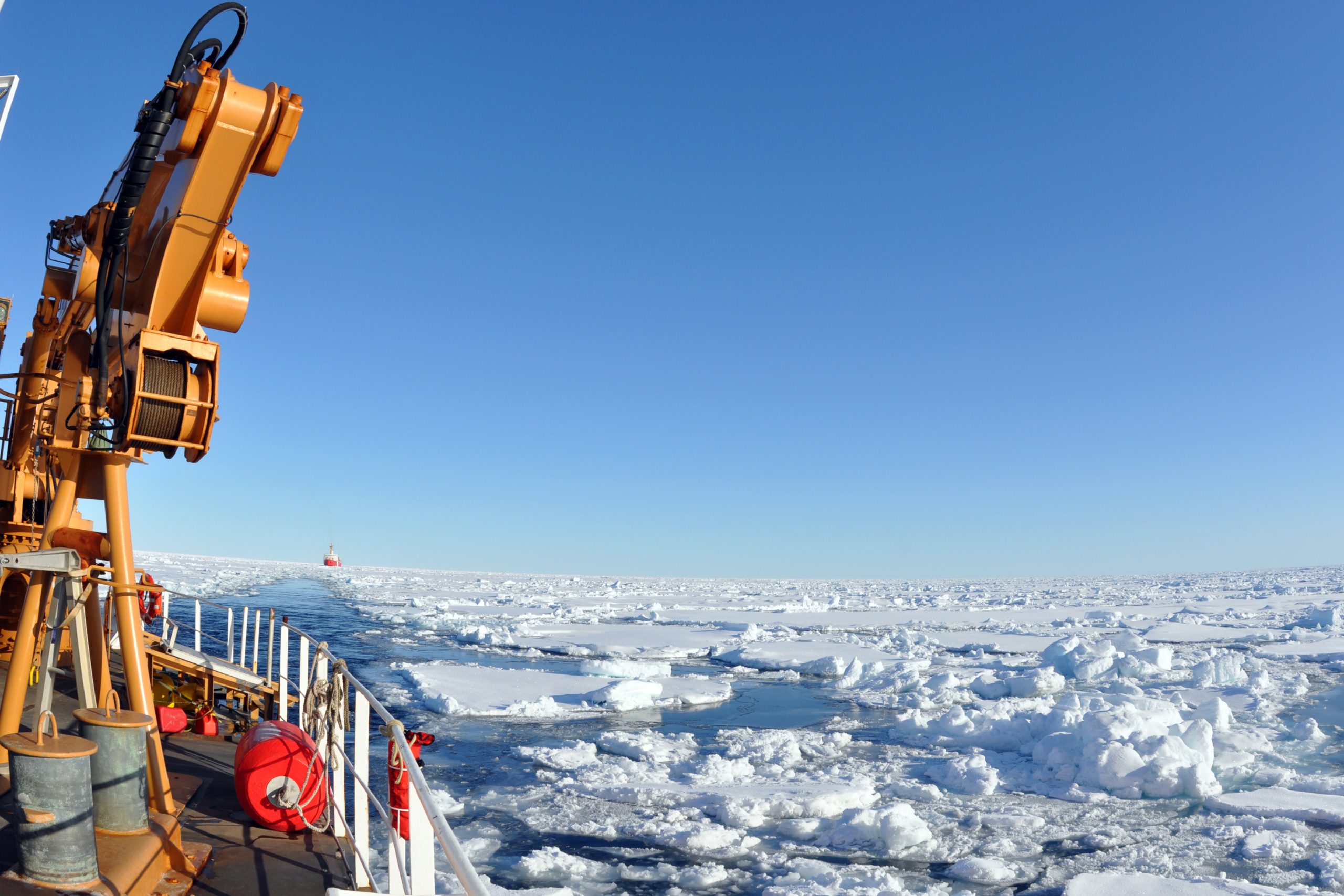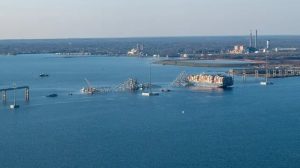Responding to the increasing pressure on the Arctic region by the climate crisis, more than 75 organisations and individuals – including scientists, writers, and photographers – have signed up to the ‘Arctic Ocean Action’, which calls on the international community to support “equitable transition and urgent action to reduce shipping impacts on Arctic wildlife, habitats, ecosystems and communities”.
The Arctic Ocean Action, an initiative from the Clean Arctic Alliance, calls for urgent action to reduce the climate impact of ships operating in and near to the Arctic by 2030, through an immediate switch away from heavy oil-based fuels to distillate fuels (e.g. marine diesel) – or move towards cleaner non-fossil fuels or alternative forms of propulsion such as wind, in order to cut ship black carbon and greenhouse gas emissions.
The statement also calls for a ban on the use of scrubbers, which clean fossil fuel emissions from vessel exhausts, as the wastewater produced in the process is discharged into the sea creating an ocean pollution problem.
“With the Arctic coming under ever increasing pressure from the impacts of the climate crisis, it’s heartening to welcome so many strong and determined voices in support of Arctic Ocean Action”, said Dr Sian Prior, Lead Advisor to the Clean Arctic Alliance. “Now, policymakers must realise that unless we slash emissions, the Arctic region will become unrecognisable – and that will have profound implications for the rest of the world. What happens in the Arctic doesn’t stay in the Arctic”.
“The Arctic is undergoing its most drastic transformation due to anthropogenic activity of the last 200 years. We must do everything in our power to protect the existing and evolving marine biodiversity and ecosystems which inhabit this space so we can hand it over to our children in a better state than we received it. It is imperative we protect the Arctic Ocean”, said Antoinette Vermilye, co-founder of the Gallifrey Foundation.
“We are pleased to sign and support the Clean Arctic Alliance’s Arctic Ocean Action.” said Carolina Manhusen Schwab, President & Co-Founder of the Ocean Born Foundation. “What we see happening in the Arctic must be a wake-up call for us all to bring everything we have to the table, to save the blue heart of our planet – and ourselves. We know that for life on Earth as we know it to survive, we need a healthy ocean which is why we are fully committed to restoring and protecting it and the work of the Clean Arctic Alliance is a key part in that.”
Emissions of short-lived climate pollutants, such as black carbon, are powerful climate forcers that contribute to global heating. Black carbon particles not only absorb heat in the atmosphere but when they settle in the Arctic, they increase the snow and ice melt, reduce reflectivity and accelerate warming.
Arctic warming four times faster than rest of world
The Arctic is now recognised to be warming nearly four times as fast as the rest of the world and Arctic tipping points, such as the loss of summer sea ice, could be reached as soon as the next decade. Arctic sea ice has reduced dramatically in recent years, with the last 17 years recording the 17 lowest Arctic summer sea ice extents and the Pacific side of the Arctic (Beaufort-Chukchi-East Siberian Seas) recording the second lowest sea ice extent on record this year (September 2023).
Urgently reducing emissions of short-lived climate pollutants from ships will help reduce the rate of climate change and is critical to meeting both short and long-term climate goals.
“As Arctic shipping continues to grow, the use of heavy oil-based fuels which emit high levels of black carbon will contribute to the disintegration and collapse of Arctic sea ice”, said Dr. Prior. “Switching to cleaner fuels and using diesel particulate filters, or alternative forms of propulsion such as wind, are possible today and will significantly reduce black carbon emissions.”
“Continuing the use of heavy oil-based fuels by installing scrubbers to reduce air pollution must be stopped, as the wastewater produced in the process is discharged into the sea creating an ocean pollution problem”, said Eelco Leemans, technical advisor to the Clean Arctic Alliance.
The Clean Arctic Alliance believes a holistic approach is required and urges the international community to support an equitable transition and urgent action to reduce shipping impacts on Arctic wildlife, habitats, ecosystems and communities. The Arctic Ocean Action specifically calls for:
- urgent action to halve ship climate impacts by 2030,
- an immediate switch to distillate or cleaner non-fossil fuels to cut ship black carbon emissions by 2025 and installation of particulate filters, and
- a ban on the use of scrubbers in the Arctic.
(Photo Dreamstime)





